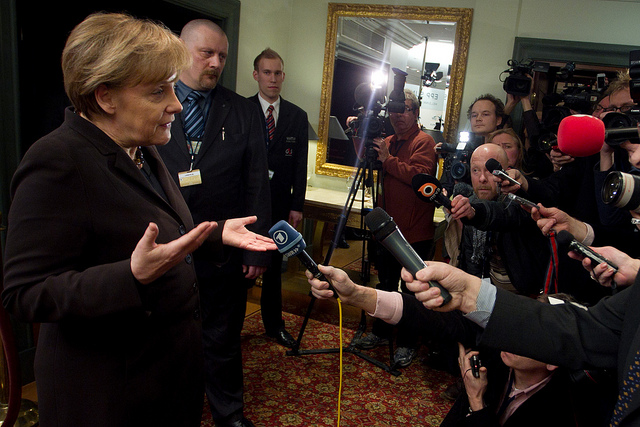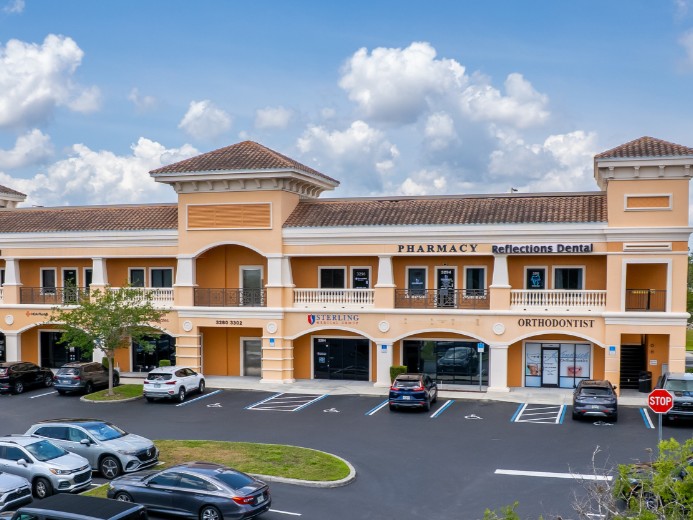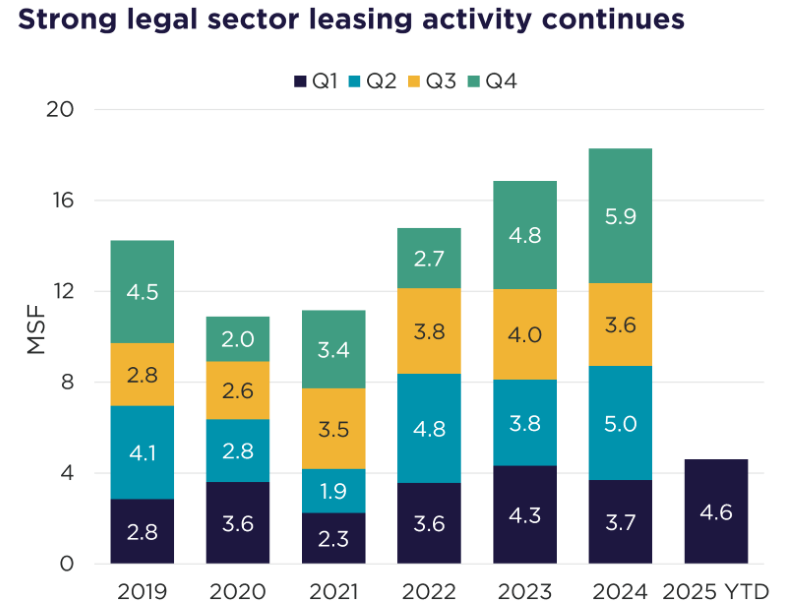Economy Watch: Tentative Euro-Zone Deal Struck, U.S. GDP Up
Euro-zone nabobs reached a tentative deal on Thursday to keep the area from imploding. The U.S. GDP grew 2.5 percent during the third quarter of 2011. And the home-sale index fell by 4.1 points.
October 28, 2011
By Dees Stribling, Contributing Editor
Euro-zone nabobs reached a tentative deal on Thursday to keep the area from imploding (for now). The heart of the deal is the haircut that Greek debt holders are “voluntarily” taking: 50 percent. The banks had been holding out for a much shorter shearing, namely 21 percent, but evidently Chancellor Angela Merkel of Germany, representing the real economic muscle at the table, insisted on the higher amount.
The banks will also be required to raise more capital to protect their sometimes flimsy balance sheets against further losses from bum loans. Also part of the deal is an effort to increase the effectiveness of the $625 billion European Financial Stability Facility, otherwise known as the bailout fund for weaker EU members, such as Spain and Portugal, though no one’s quite sure how that will be done. The notion of leveraging the facility has been kicked around, but then again leverage is what got the EU in the hard-to-climb-out-of, clay-walled pit it currently occupies.
In any case, the world seems happy that some progress has been made on solving the euro-zone crisis, even if much more remains to be done (namely, persuade Italy to do something about its $2.7 trillion debt). Only a few hours after the announcement in Europe, Asian equities markets spiked and the euro itself started gaining ground.
U.S. GDP Up
Back in the United States, the Bureau of Economic Analysis reported on Wednesday that U.S. GDP grew at an annualized 2.5 percent during the third quarter of 2011, up considerably from the 1.3 percent rate during the second quarter. The 3Q11 rate precisely matches the average 2.5 percent growth rate of the last nine quarters, which the recession technically ended.
Some of the increase was due to a spike in business equipment and software purchases, which grew at an annualized 16.3 percent during the quarter, compared with 6.2 percent in the second quarter. Consumer spending was up 2.4 percent in the third quarter, compared with an increase of 0.7 percent in the previous quarter, the BEA noted. A good bit of that was health-care expenditures, but other segments of consumer spending grew as well.
Investment in various forms of real estate as a part of GDP was down for the quarter, however. Commercial property investment increased 13.3 percent during the third quarter, but the increase was 22.6 percent in the second quarter. As for housing, spending was up 2.4 percent, compared with an increase of 4.2 percent in 3Q11, according to the BEA.
Pending Home Sales Dip
Not every bit of news on Thursday was of the cheerful kind. The National Association of Realtors reported that its Pending Home Sales Index, which is based on contracts signed but not finalize, fell to 84.5 in September from 88.6 in August.
The NAR pointed out that September’s total is nevertheless higher than the same month in 2010, when the index was 79.4, but that was a particularly sluggish time among many sluggish times, since the homebuyers tax credit had expired not long before. The essence of the problem is that people aren’t going to sign on that most serious of bottom lines unless they feel better about the economy, as well as their own prospects.
Word about Greece, and presumably the fairly positive GDP numbers, inspired the Dow Jones Industrial Average to jump 339.51 points, or 2.86 percent, while the S&P 500 spiked 3.43 percent and the Nasdaq rose 3.32 percent.








You must be logged in to post a comment.